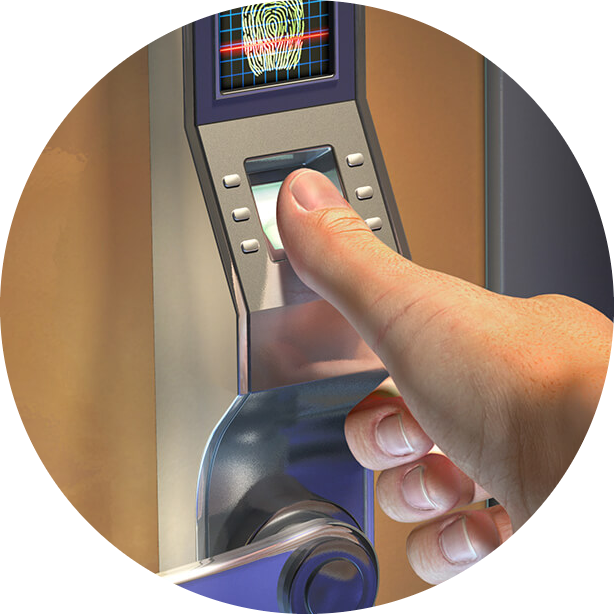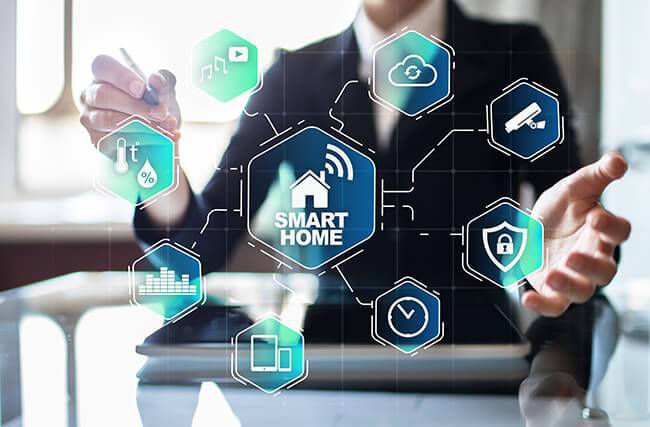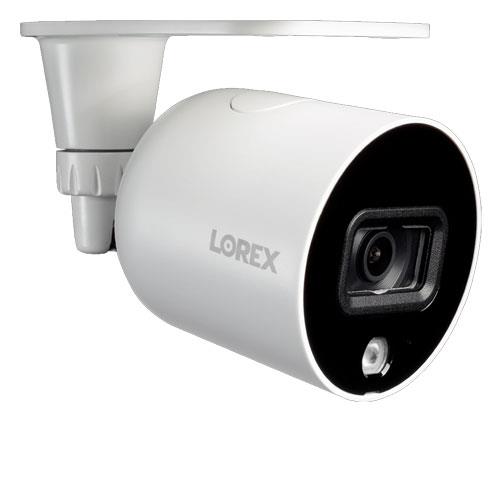8 Key Benefits of Alarm Systems for Enhanced Security and Peace of Mind
Alarm systems are a popular and effective way to enhance the security of your home or business. Here are eight key benefits of alarm systems:
- Deterrence: Alarm systems act as a deterrent for potential burglars, as they are aware that the property is protected by an alarm system.
- Quick response: Alarm systems can alert the authorities or a monitoring service in the event of an emergency, ensuring a quick response.
- Remote monitoring: With modern alarm systems, you can monitor your property remotely using a smartphone app, giving you peace of mind even when you’re away.
- Customizable: Alarm systems can be customized to fit the specific needs of your property, such as adding sensors for specific rooms or entry points.
- Protection against fire: Many alarm systems include smoke detectors and heat sensors, providing protection against fire as well as intrusion.
- Cost-effective: Alarm systems are a cost-effective way to enhance the security of your property, with many options available to fit different budgets.
- Peace of mind: Knowing that your property is protected by an alarm system can provide peace of mind and a sense of security.
- Insurance discounts: Many insurance companies offer discounts on homeowner’s or business insurance for properties that have alarm systems installed. To get the latest on insurance discounts contact your local insurer or Insurance Bureau of Canada (IBC).
Overall, alarm systems are a valuable investment for any property, providing a range of benefits that can help keep you and your property safe. It’s important to do your research to find the best system for your needs and budget.
Choosing the Right Alarm System: Types, Features, and Considerations

An alarm system is a security device or set of devices that are designed to detect and alert individuals to the presence of intruders, or other emergency situations. These systems can be used in a wide range of settings, including homes, businesses, and industrial sites.
There are several different types of alarm systems available on the market, each with their own unique features and capabilities. Some of the most common types of alarm systems include wired systems, wireless systems, and hybrid systems.
Wired alarm systems are the oldest and most traditional type of alarm system. They consist of a central control panel, which is connected to various sensors and devices throughout the building or property. These sensors can include door and window contacts, motion detectors, and glass break detectors. When an alarm is triggered, the control panel sends a signal to a monitoring service, which in turn contacts the appropriate authorities, such as the police or fire department.
Wireless alarm systems, on the other hand, use radio frequencies to communicate between the sensors and the control panel. This eliminates the need for wired connections, making installation and maintenance of the system much easier. Wireless systems also tend to be more flexible, as they can be easily expanded or reconfigured as needed.
Hybrid alarm systems are a combination of wired and wireless systems. They use wired connections for the control panel and keypads, while the sensors and other devices communicate wirelessly. This allows for the benefits of both wired and wireless systems, such as easy installation and flexibility.
One of the most important features of an alarm system is its monitoring service. This service is responsible for receiving alerts from the control panel and contacting the appropriate authorities in the event of an emergency. There are two main types of monitoring services: professional monitoring and self-monitoring.
Professional monitoring services are provided by companies that specialize in security and surveillance. They are responsible for monitoring the alarm system 24/7 and will contact the authorities in the event of an emergency. Professional monitoring services typically cost more than self-monitoring, but they offer the added benefit of having trained professionals monitoring the system at all times.
Self-monitoring, on the other hand, allows the homeowner or business owner to monitor the alarm system themselves. This can be done through a smartphone app or a web portal. In the event of an emergency, the homeowner or business owner will need to contact the authorities themselves. Self-monitoring is typically less expensive than professional monitoring, but it requires the homeowner or business owner to be responsible for monitoring the system at all times.
Another important feature of alarm systems is their ability to integrate with other smart home devices. This allows homeowners and business owners to control and monitor their alarm system from their smartphone or tablet, as well as integrate the system with other smart devices such as lighting, thermostats, and cameras.
When it comes to choosing an alarm system, there are a few key factors to consider. These include the type of system, the size of the building or property, and the level of security required. Homeowners and business owners should also consider the cost of the system, as well as the cost of ongoing monitoring and maintenance.
In summary, an alarm system is a security device that is designed to detect and alert individuals to the presence of intruders or other emergency situations. There are several types of alarm systems available, including wired, wireless, and hybrid systems. The type of system, size of the building or property, and level of security required are important factors to consider when choosing an alarm system. Additionally, the cost of the system, ongoing monitoring and maintenance should also be considered. Professional monitoring services are provided by companies that specialize in security and surveillance, and self-monitoring allows the homeowner or business owner to monitor the alarm system themselves. Smart home integration allows for control and monitoring of the system from a smartphone or tablet, as well as integration with other smart devices. The key to a successful alarm system is finding the right balance between cost, security, and convenience.
In conclusion, alarm systems are a vital tool for protecting homes and businesses from intrusion and emergency situations. With a wide range of options available, from wired to wireless and hybrid systems, there is a system to suit every need. The monitoring service and smart home integration capabilities are also crucial considerations when choosing an alarm system. Ultimately, the key to a successful alarm system is finding the right balance between cost, security, and convenience. It is important to consult the right security professional to get the best advice.



